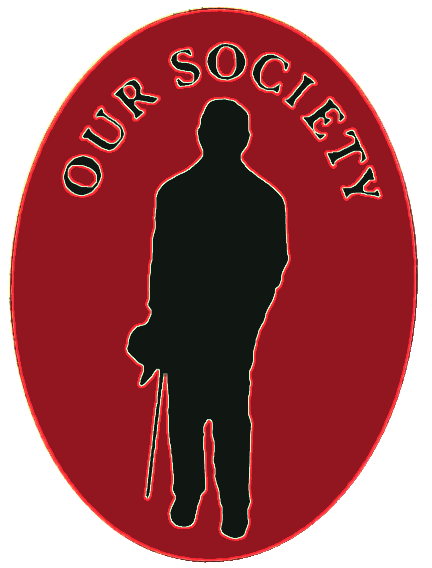
Our Society - Founded 1903
Connoisseurs of Crime
"Depend upon it, there comes a time when for every addition of knowledge, you forget something that you knew before. It is of the highest importance therefore not to have useless facts elbowing out the useful ones."
Sir Arthur Conan Doyle.
"As a rule said Holmes, the more bizarre a thing is, the
less mysterious it proves to be. It is your commonplace featureless crimes which are really puzzling just as the most commonplace face is the most difficult to identify."
Sir Arthur Conan Doyle
Club History - The Past
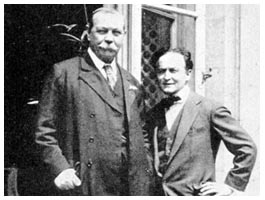 |
Sir Arthur Conan Doyle |
In December 1903 a small group of men who shared an interest in murder met in London to discuss the formation of a private dining club dedicated to their mutual interest in discussing
crime in general. So 'The Crimes Club’ was born treating the subject not with morbid or prurient curiosity in the macabre but with enquiry and learning in an activity then largely 'owned'
by newspapers with sensational headlines and little enlightenment.
Shortly after the Club doubled its membership bringing in Sir Arthur Conan Doyle, then and now one of its most famous founder members.
Membership subsequently grew to twenty with each man (there were no ladies) allowed to bring a guest on condition it was understood that the proceedings were strictly private. This
condition (known today as observing `Chatham House Rules’) was and remains crucial, thus allowing primary crime sources – barristers, judges and so on, to speak openly about their cases.
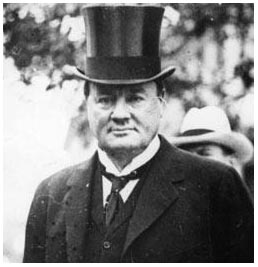 |
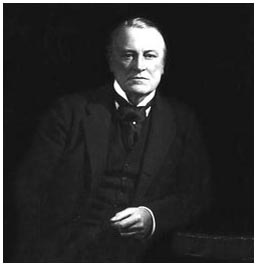 |
Lord Northcliffe | Sir Edward Marshall Hall |
Membership continued to grow bringing such notables as Lord Northcliffe the newspaper magnate and the great advocate Sir Edward Marshall Hall. Like today’s Garrick Club, ladies were not
invited to become members. One pre-war former Secretary of the Club wrote:
“The most fantastic suggestion ever made to me was that we should have a grille and admit ladies behind it. But we speedily rejected this; while repudiating any possible
accusation of misogyny, we opined that the fair sex already possessed quite as much knowledge as was good for them.”
In the 1940’s `Crimes Club’ had morphed into`Our Society’. This was in deference to members’ wishes not to be associated with sensationalism, but rather as a select and
knowledgeable group with a serious agenda. As fate would have it, they unwittingly chose a new name with wholly unintended Italian mafia connotations (like the Neapolitan Cosa Nostra –
Our Thing) but the title has endured reflecting a certain benign exclusiveness together with the closeness and friendship of its members. Each meeting now had presentations by distinguished
members or hopeful applicants. These included the famous actor/manager H.B.Irving; Sir Bernard Spilsbury the pathologist; the eminent QC Victor Durand; and the broadcaster Ludovic
Kennedy. One frequent presenter was Sir Arthur Conan Doyle himself, until an unfortunate event which captures the mores of the times. On February 6th 1927, a presentation was given on
Police Methods.
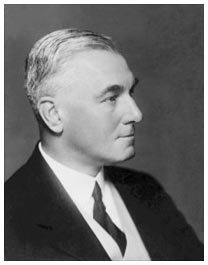 |
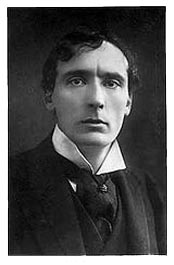 |
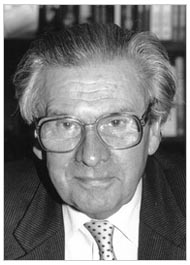 |
Bernard Spilsbury | H B Irving | Ludovic Kennedy |
The speaker for no apparent reason “unfortunately marred (the occasion) by the narration of three salacious stories at the end, quite irrelevant to the subject…. Sir Arthur was
so incensed…that when he left he said he would never dine with the Society again.” Blue jokes remain banned…...
Our Society grew with appeal both to established professionals and those seeking to expand their knowledge both of historical and current criminal events, and all this within the wider
fellowship of like-minded members.
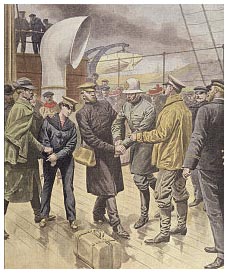 |
The Crippen arrest |
During its more than one hundred years, holding murder up to scrutiny, Our Society has discussed many murders which captivated public interest and the imagination including those
committed by Crippen, Heath, Christie and Haigh, names that remain iconic to that particular crime. But the interest in murder expanded over time and the Society’s interest evolved to
include discussions on witchcraft, miscarriages of justice (the Jill Dando murder and the acquittal on appeal of her supposed killer Barry George was one recent example), aristocratic
criminals, war trials and so on.
At the Society’s Jubilee dinner in May 1983, H.R.H. The Prince Philip, Duke of Edinburgh was a guest. As the times changed together with class attitudes and deference retreated, so Our Society grew more flexible. Despite protests, the Sunday night black tie dinners gave way to
Tuesday evenings in lounge suits. Despite even more protests and a valiant rear-guard action, ladies finally infiltrated the old masculine domain, “….a further crack in the manliness of Our
Society….” wailed an old boy. In 1992, and for the first time, a paper was read by a woman member, Dame Barbara Mills, then the new Director of Public Prosecutions. Even more barriers
fell when a guest uncharitably described as “a foreigner” actually an American, read a crime paper to the Society.
By the turn of this century, Our Society welcomed an increasingly diverse and eclectic membership unhindered by rank, gender, occupation or social standing. The actor Nigel Patrick;
Her Honour Judge Ann Goddard; Leonard `Nipper’ Read who arrested the Kray Twins; criminal profiler David Canter; and even one or two humble reporters have joined. Presentations have
broadened out a little, without straying too far from the core interest, allowing one paper to be discussed on the mysteries surrounding the notorious Bermuda Triangle.
Much has changed in the century since its founding but much also stands fast.
The club’s dignity, its pride in its history, its endless curiosity about all matters criminal and its furtherance of knowledge in this fascinating area remain unaltered.
